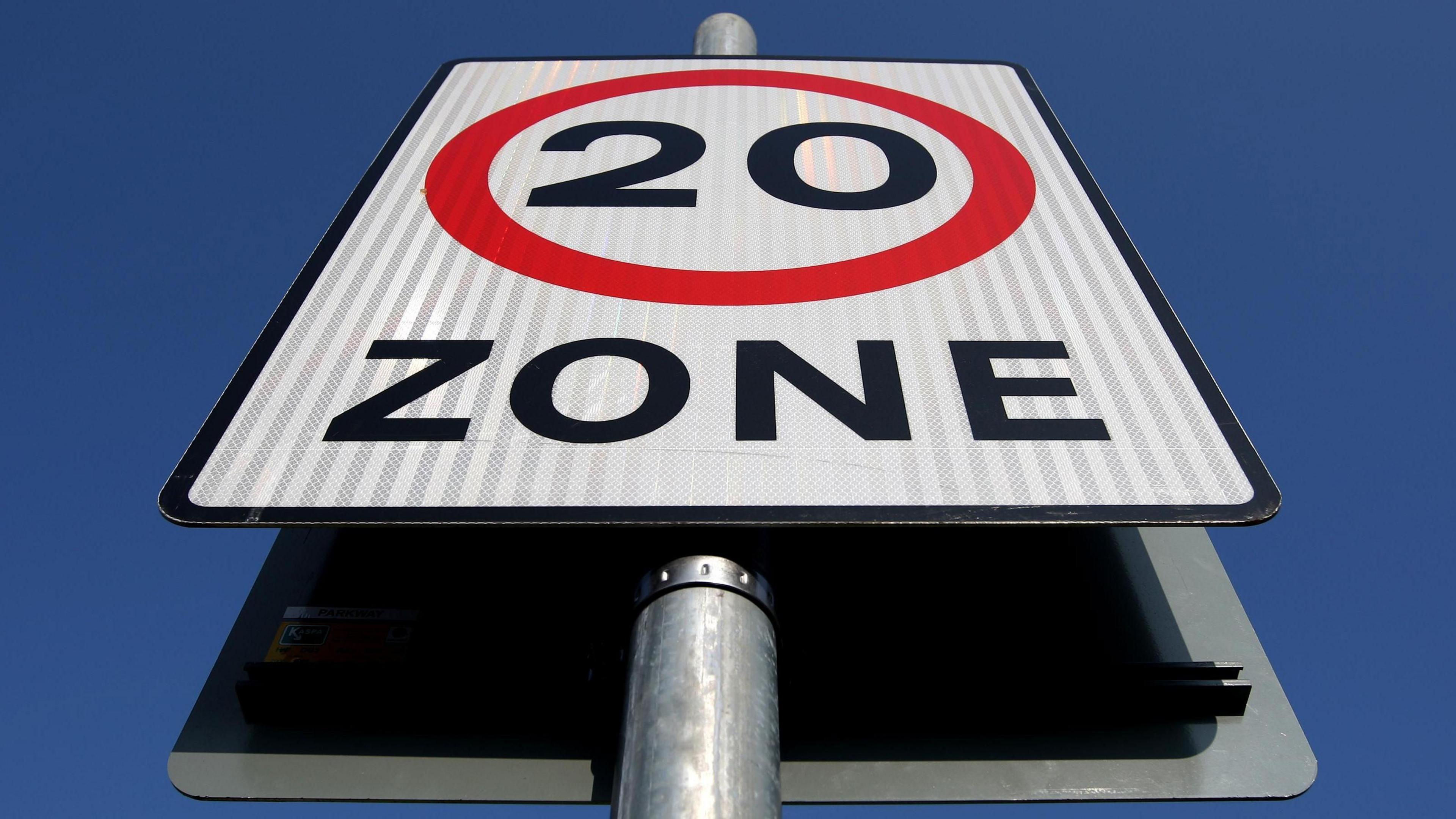Wales' 20mph overhaul to start in September
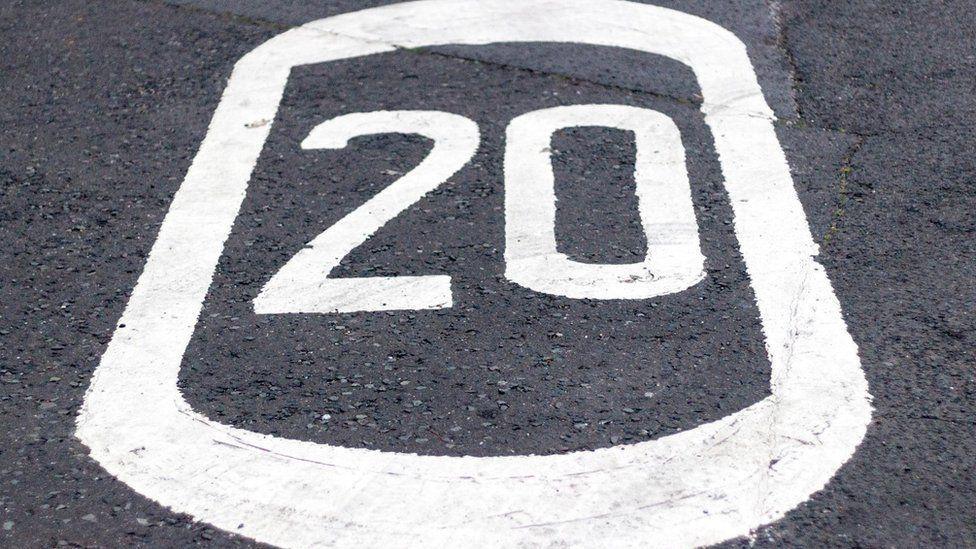
Wales has had a default 20mph limit since last September
- Published
The process of reverting some roads from Wales' 20mph default speed limit to 30 will begin in September, the new transport secretary has said.
Ken Skates urged people to contact local councils and tell them "where they think 20mph should be targeted".
He was unable to say how many roads will change, and said it would be up to councils to decide which switch.
But the Conservatives said the 20mph default speed limit would stay and "nothing has changed".
Gething refuses independent donations inquiry
- Published23 April 2024
Changes to 20mph speed limit policy promised
- Published18 April 2024
How does the new 20mph speed limit law work?
- Published23 April 2024
Plaid Cymru said it backed the "principle of widespread 20mph zones" but "no one can deny that there have been widespread problems with its implementation from day one".
Mr Skates said the cost of changing roads back to their former limits will be paid by the Welsh government, not councils.
Mr Skates also gave examples of road projects, in north Wales that would go ahead.
Last week, he confirmed that some roads would return to 30mph, following a backlash against the Welsh government's controversial 20mph default speed limit in built-up areas.
The policy is not being ditched. But Mr Skates said on Tuesday he was "refining" it.
Outlining his priorities as transport secretary to Senedd members, he said: "The Welsh government continues to believe that 20mph is the right speed limit in places such as near schools, hospitals, nurseries, community centres, play areas and in built-up residential areas."
"What I am doing now is listening to what people want for the roads in their communities, and pressing ahead with refining the policy and getting the right speed on the right roads."
Mr Skates told BBC Wales that between now and July the Welsh government will "listen to what people believe should happen".
In tandem he said revised guidance will be drawn up "that will then, over July to September, allow councils to check that they are able to make changes to the speed limit on certain routes".
He added: "In September the process of reintroducing 30mph to some routes where people wish to see it happen will take place."
Mr Skates said he could "not give the answer as to how many routes" would change "because it's largely going to depend on what people say, what people wish to see happen."
"It'll be up to councils to decide which routes and how many routes change back."
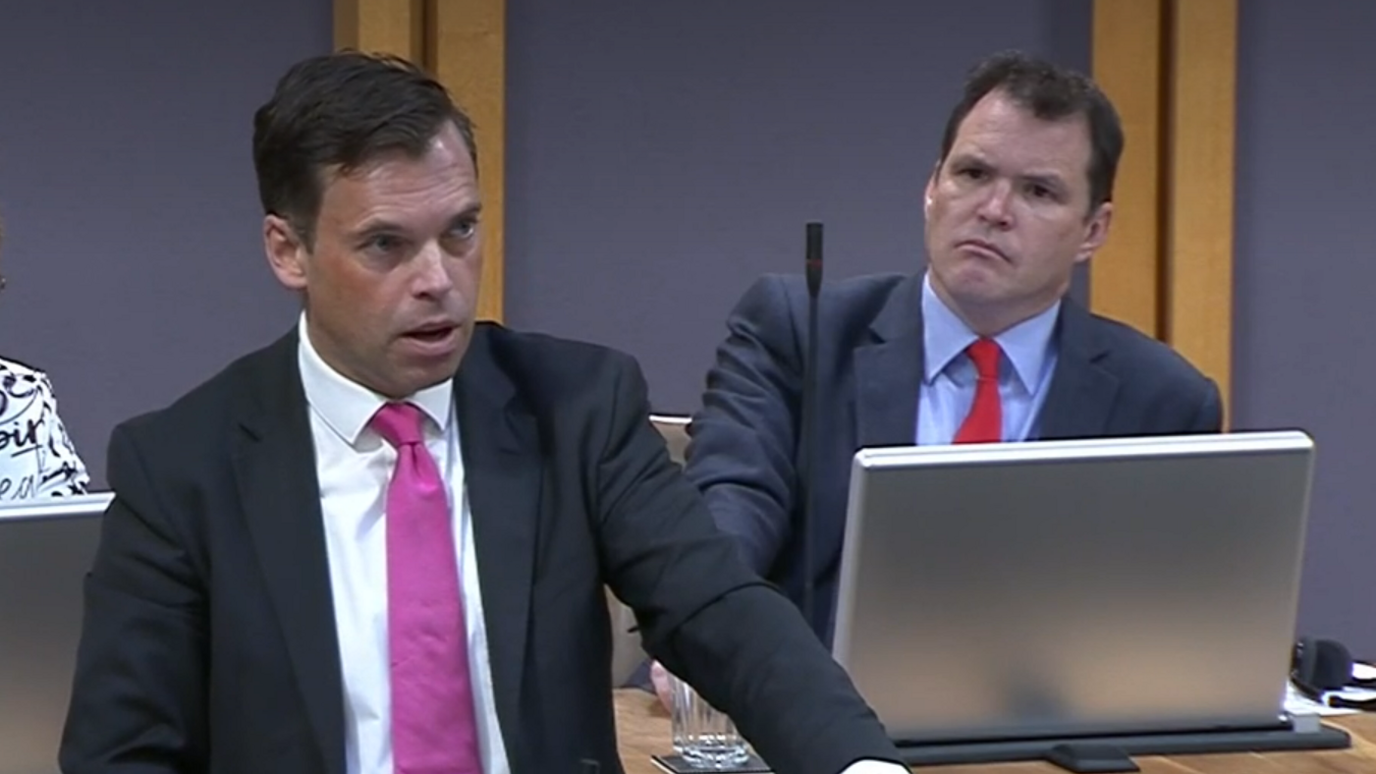
Ken Skates made his statement with former transport minister Lee Waters watching behind him
In his Senedd statement, Mr Skates said he would "encourage people to get in touch with their local council to tell them where they think 20mph should be targeted".
Mr Skates expects to receive "within the next few weeks" the results of an external review of the policy, commissioned before Vaughan Gething succeeded Mark Drakeford as first minister, "and I will publish it as soon as possible".
The transport secretary said the "degree of change" would be decided by "the public and councils".
Welsh Conservative shadow transport minister Natasha Asghar dismissed his statement as a public relations exercise.
“The bottom line is that after all of Labour’s talk about listening to the Welsh people, the default speed limit across Wales will remain 20mph.
"Nothing has changed to everyone inside and outside of Wales.
“Instead of making councils clean up the mess of this daft, divisive and destructive policy, it should be scrapped in its entirety, so common sense can prevail and 20mph remains where it is needed such as outside Schools, play areas, high streets, places of worship etc.”
Plaid Cymru transport spokesperson Delyth Jewell said: “Over six months have passed since Plaid Cymru tabled a Senedd amendment, and won the vote, gaining a commitment from the Welsh government to review the effect of new limits and to empower local authorities to make further exemptions.
“Plaid Cymru fully backs the principle of widespread 20mph zones to make our roads safer and save lives - but no one can deny that there have been widespread problems with its implementation from day one."
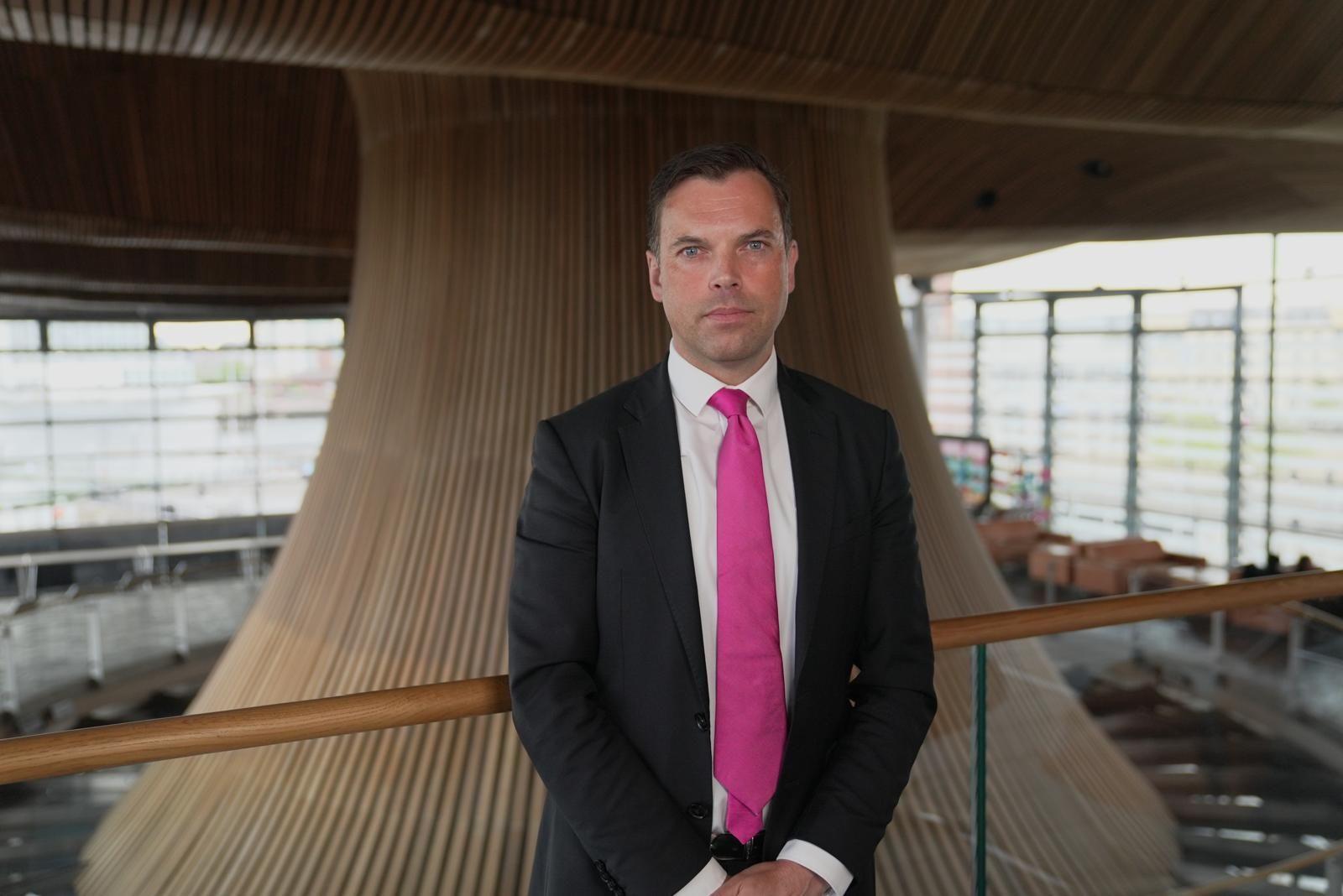
Ken Skates is stressing that the government is in listening mode on 20mph
A494 crossing to go ahead
Rod Dennis, road safety spokesperson at the motoring organisation the RAC, said: “We are very supportive of 20mph limits being implemented in places where there’s a greater presence of pedestrians and cyclists, as they are proven to reduce road casualties.
"But when used on roads that are clearly better suited to 30mph, there’s a risk drivers don’t obey the limit and their effectiveness is undermined.”
The transport secretary also told the Welsh Parliament that the Welsh government would still be commissioning road projects.
"The renewed A494 River Dee crossing will go ahead," Mr Skates said.
"The Mold Road improvements into Wrexham will go ahead. We have accepted the North Wales Transport Commission recommendations for better traffic management around the Menai Bridge."
Other plans would also also proceed, he said, that took into account the need to reduce carbon emissions.
Under Mark Drakeford's period as first minister, the Welsh government was criticised for scrapping all major road schemes.
It required future scheme to pass strict criteria, meaning they should not increase carbon emissions and the number of cars on the road, or lead to higher speeds, higher emissions, or negatively impact the environment.
It had denied it had stopped building roads, and had continued with the Heads of the Valleys dualling scheme.
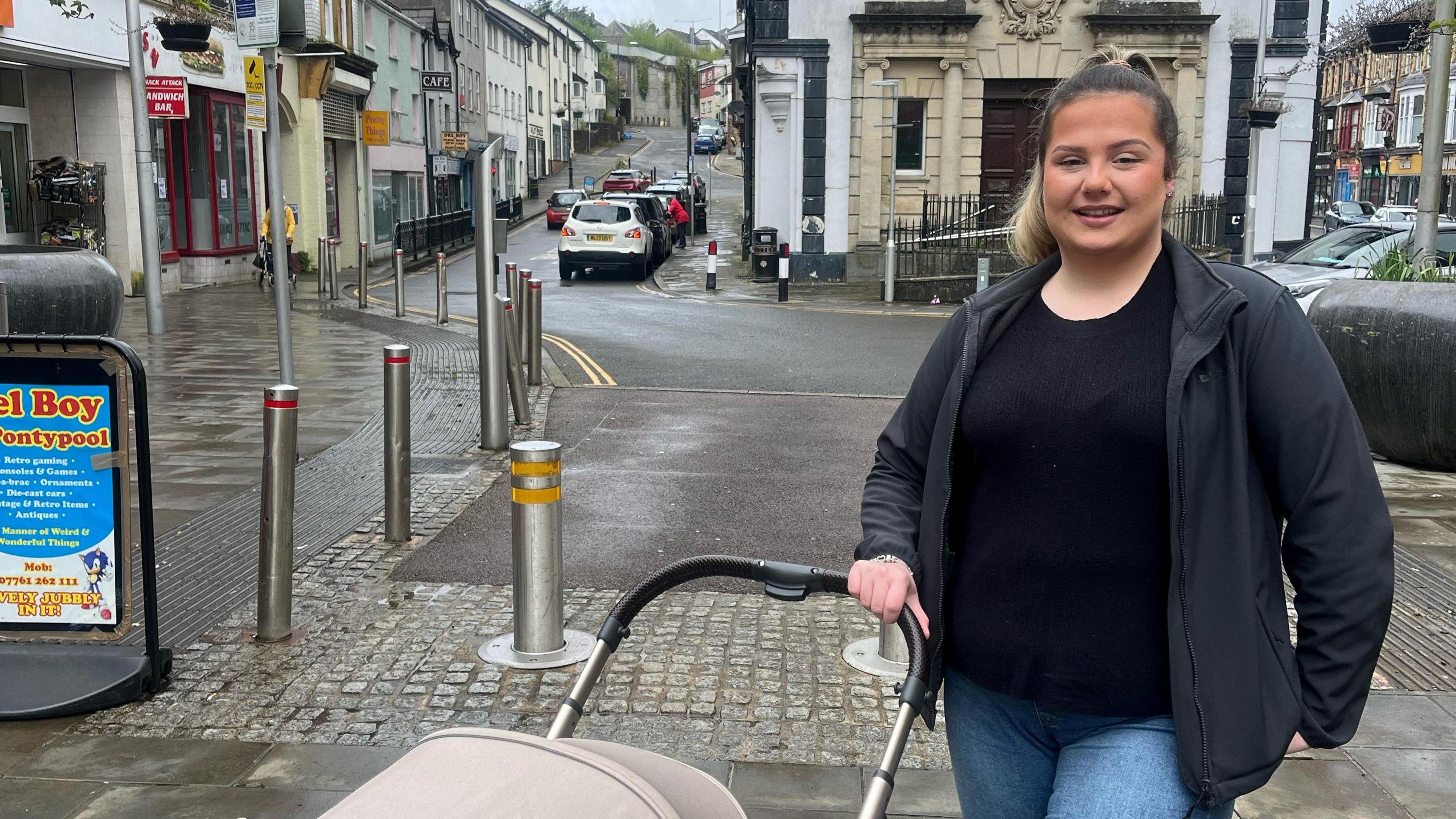
There were mixed views on 20mph in Pontypool
In Pontypool on Tuesday opinion on the current 20mph speed limit policy was mixed.
Brian Hughes said: “It’s all well and good in certain places, but I think when it's on a major road, it gets a bit ridiculous.”
Jane Needs said: "If you’ve got somebody behind you that’s not sticking to it, and then all of a sudden you’re slowing down, they’re in the back of you."
She backed 20mph around schools and colleges and “places like that”.
Bethan Patterson said: “My partner's a gas engineer and he goes to Chepstow, for example. One side of its 20 miles an hour, and then you cross over the bridge [to England] it's 30 miles an hour. He gets caught out so often.”
Related topics
- Published21 February 2024
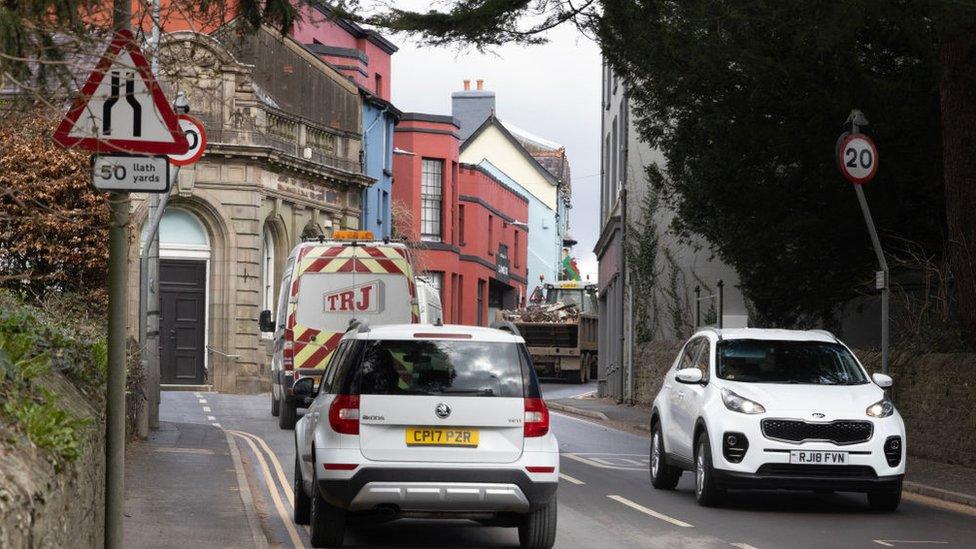
- Published17 March 2024
